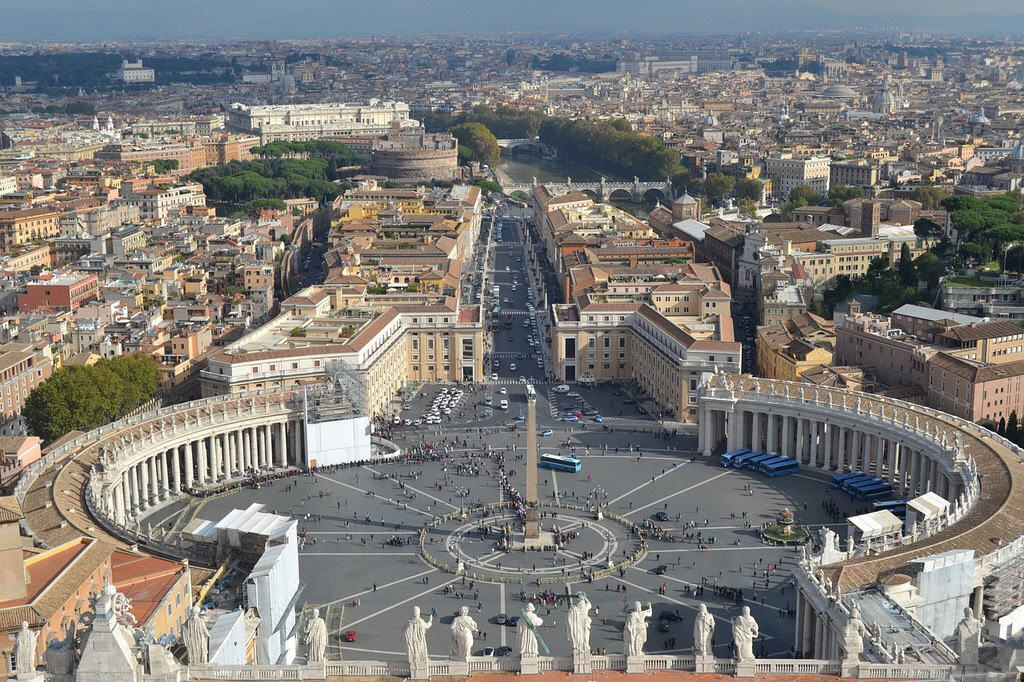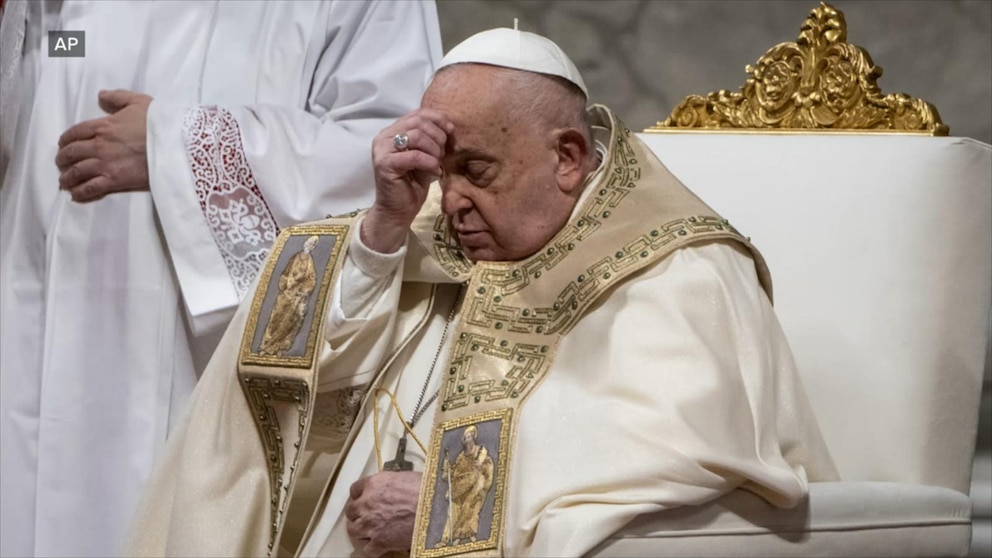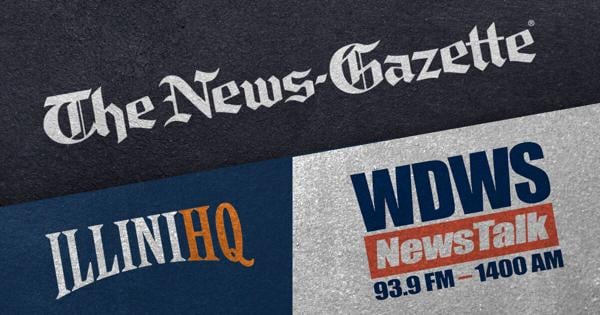Faith vs. Law: States Rally Behind Church's Controversial Pro-Life Stance in Federal Court Battle
Religion
2025-04-15 13:59:59Content

Alliance Defending Freedom (ADF) attorneys are standing alongside Cedar Park Assembly of God in a bold legal challenge against a state mandate requiring churches to include abortion coverage in their employee health insurance plans. The religious organization is fighting to protect its deeply held beliefs and maintain autonomy over healthcare choices for its staff, arguing that the compulsory abortion coverage violates their fundamental religious freedoms.
The legal battle highlights the ongoing tension between state regulations and religious institutions' right to make healthcare decisions aligned with their moral and ethical principles. By challenging this controversial law, Cedar Park Assembly of God seeks to defend not just their own rights, but also to establish a precedent protecting religious organizations from being forced to compromise their core convictions.
ADF lawyers are leveraging their extensive experience in religious liberty cases to argue that the state's mandate represents an unacceptable infringement on the church's constitutional rights. The case underscores the critical importance of maintaining the delicate balance between government regulations and religious organizations' freedom of conscience.
Religious Freedom Under Siege: The Battle for Healthcare Autonomy in Modern America
In the complex landscape of religious liberty and healthcare mandates, a pivotal legal confrontation emerges that challenges the delicate balance between institutional rights and governmental regulations. The ongoing struggle between faith-based organizations and state-imposed healthcare requirements reveals deep-seated tensions in contemporary American jurisprudence.Defending Conscience: When Institutional Values Clash with Mandatory Coverage
The Constitutional Crossroads of Religious Expression
Religious institutions have long maintained that their fundamental right to operate according to deeply held moral convictions extends beyond worship spaces and into organizational practices. Cedar Park Assembly of God represents a critical test case challenging state-mandated healthcare policies that potentially compromise their theological principles. The legal battle transcends mere insurance coverage, striking at the heart of First Amendment protections and institutional autonomy. The complexity of this confrontation lies not just in healthcare regulations, but in the profound philosophical question of whether governmental entities can compel organizations to act against their core spiritual beliefs. Religious liberty advocates argue that forcing faith-based institutions to provide coverage for procedures contradicting their theological understanding represents a fundamental erosion of constitutional freedoms.Healthcare Mandates and Institutional Integrity
The specific challenge mounted by Cedar Park Assembly of God illuminates broader tensions within American healthcare policy. State-imposed insurance requirements that mandate abortion coverage create significant moral and ethical dilemmas for faith-based organizations committed to protecting what they perceive as sanctity of life. Legal experts suggest this case could establish critical precedents regarding the extent of religious exemptions in healthcare policy. The intricate legal arguments involve balancing governmental interests in comprehensive healthcare access with constitutional protections for religious freedom. Each legal maneuver represents a nuanced exploration of how institutional conscience can be preserved within a complex regulatory environment.The Broader Implications of Religious Liberty Challenges
Beyond the immediate legal dispute, this case symbolizes a broader societal dialogue about the boundaries of institutional autonomy. Religious organizations increasingly find themselves navigating increasingly complex regulatory landscapes that challenge their fundamental operational principles. The legal strategy employed by attorneys represents a sophisticated approach to defending institutional rights. By challenging state mandates through strategic litigation, they seek to establish meaningful protections for faith-based organizations' ability to make healthcare decisions aligned with their theological convictions. This approach goes beyond immediate legal victory, aiming to create lasting precedents that safeguard religious liberty.Navigating Constitutional Protections in a Diverse Society
The ongoing legal confrontation highlights the delicate balance required in a pluralistic society that simultaneously values comprehensive healthcare access and robust religious freedom protections. Each legal argument becomes a carefully constructed dialogue about the limits and possibilities of constitutional interpretation. Attorneys representing Cedar Park Assembly of God are not merely fighting a singular insurance mandate but are engaging in a broader conversation about the fundamental rights of religious institutions. Their legal strategy seeks to establish clear boundaries that respect both governmental regulatory interests and institutional spiritual convictions.The Future of Institutional Autonomy
As this legal battle unfolds, it promises to provide critical insights into the evolving understanding of religious liberty in contemporary American society. The outcome could potentially reshape how faith-based organizations interact with state-mandated healthcare requirements, establishing crucial precedents for future conflicts between institutional values and governmental regulations. The case serves as a powerful reminder that constitutional freedoms are not static but continuously reinterpreted through rigorous legal challenges and societal dialogues. Each legal confrontation represents an opportunity to refine our collective understanding of fundamental rights and institutional autonomy.RELATED NEWS
Religion

Faith & Controversy: Global Religious Landscape Shifts on April's Pivotal Day
2025-04-23 23:17:00
Religion

Healing Divides: When Religious Beliefs Clash with Medical Care in the Pacific Northwest
2025-03-17 13:41:00






